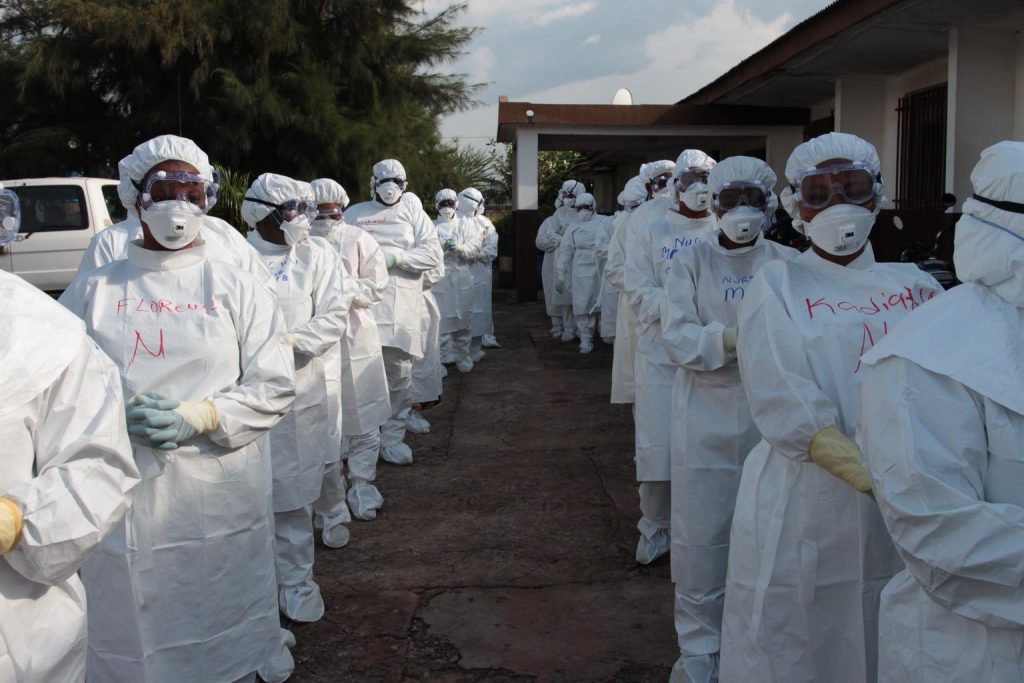In this article we assess accounts of the H1N1 virus or “swine flu” to draw attention to the ways in which discourse about biosecurity and global health citizenship during times of pandemic alarms supports calls for the creation of global surveillance systems and naturalizes forms of governance. We propose a medical anthropology of epidemics to complement an engaged anthropology aimed at better and more critical forms of epidemic surveillance.
A medical anthropology of epidemics provides insights into factors and actors that shape the ongoing production of knowledge about epidemics, how dominant and competing accounts circulate and interact, how different stakeholders (citizens, politicians, journalists, and policymakers) access and interpret information available from different sources-including through a variety of new digital venues-and what they do with it. These insights together provide a compelling agenda for medical anthropology and anyone working in health-related fields.



